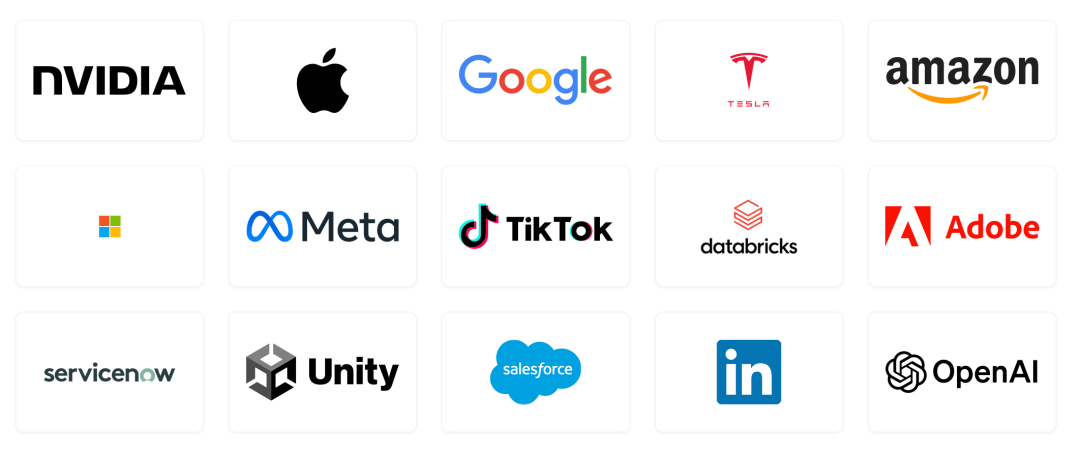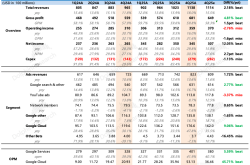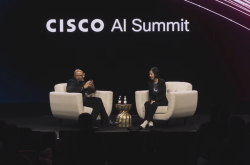Why a "Zero-Product" Company Commands a $12 Billion Valuation? [Exclusive Silicon Valley Expert Interview] Decoding the Largest Seed Round in History with the Former CTO of OpenAI
![]() 07/18 2025
07/18 2025
![]() 442
442
The AI landscape in Silicon Valley has never been more intense than it is today. Just this week, groundbreaking news reverberated through the tech industry: Thinking Machines Lab, an AI startup founded by Mira Murati, the former CTO of OpenAI, announced the completion of a $2 billion seed round, propelling the company's valuation to $12 billion. This monumental round was spearheaded by leading venture capital firm a16z, with notable participation from industry titans such as chipmakers NVIDIA and AMD, along with Cisco.
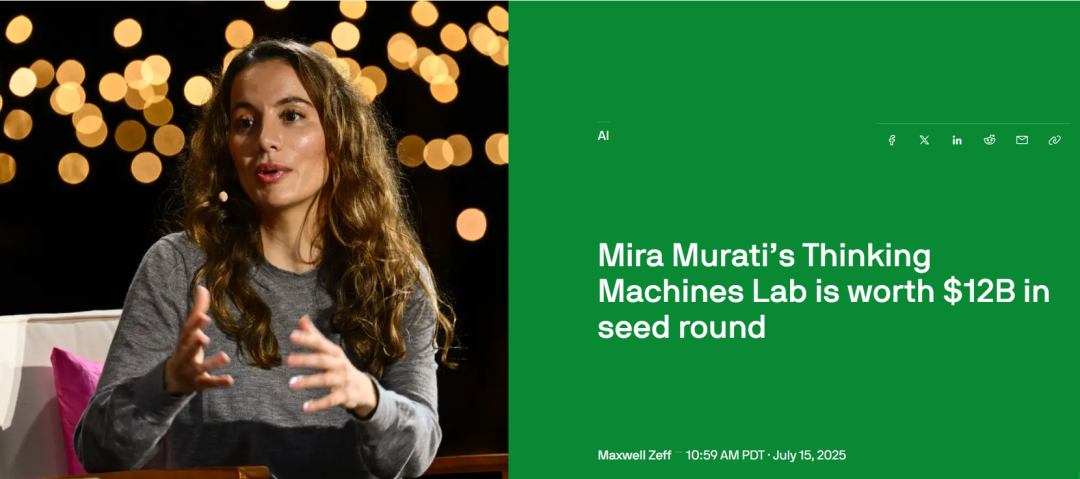
Bear in mind that TML was established just this February and hasn't yet released any products. How can a "PPT company" set a record for one of the largest seed rounds in Silicon Valley history? This isn't just a capital frenzy; it's an ultimate bet on "people."
The Entrepreneurial Legend of Mira Murati
Who is Mira Murati? She's no ordinary entrepreneur. As the former CTO of OpenAI, she spearheaded the development of groundbreaking technologies such as GPT-3, GPT-4, DALL-E, and ChatGPT, and briefly served as OpenAI's interim CEO, earning her the moniker "the mother of ChatGPT."

Beyond her tenure at OpenAI, she also contributed to Tesla's Model S, Model X, and Autopilot projects, amassing deep expertise in AI and product development.
In February 2025, Murati founded Thinking Machines Lab, an AI company dedicated to building "collaborative general intelligence."

The company's vision is to make AI more comprehensible, customizable, and aligned with human needs through multimodal AI systems that support conversation, vision, and collaboration.
Currently, the company hasn't launched any official products, but its website reveals that they're developing multimodal AI, emphasizing human-AI collaboration, personalized adaptation, and open-source components.
Murati has hinted on social media that the first product will be unveiled within months, containing significant open-source components to aid researchers and startups in developing tailored models.
Why is this "zero-product" company valued at $12 billion?
The answer lies in its "super luxury" founding team! The team comprises numerous top talents from OpenAI, including co-founder John Schulman (inventor of the PPO algorithm and head of post-training for ChatGPT), Barret Zoph (VP of Research), Bob McGrew (former Chief Research Officer), Alec Radford (first author of the GPT paper), Lilian Weng (head of AI safety), and more.
These individuals have led the development of key models such as the GPT series, CLIP, DALL-E, and Whisper, making them a "dream team" in the AI realm.
The Largest Seed Round in History: AI Talent as the Scarcest Resource
This funding round, led by a16z with participation from giants like NVIDIA, AMD, Accel, ServiceNow, Cisco, and Jane Street, amounted to $2 billion with a valuation of $12 billion.
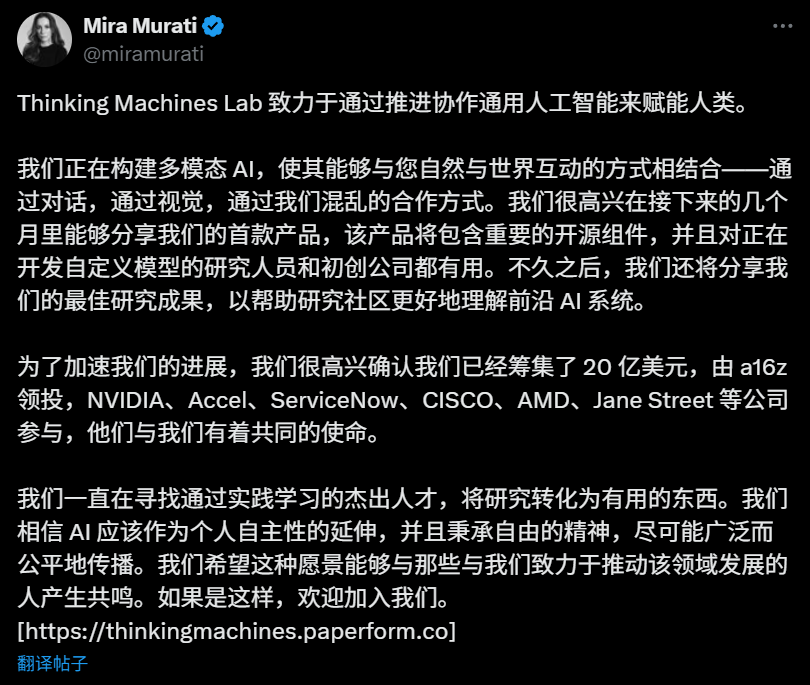
This funding round shattered records in tech history, originally planned for $1 billion with a valuation of $9 billion, but it surged within months.
Why are investors so generous? In the era of AI, talent, computing power, and data are the three core elements, with talent being pushed to the forefront.
As industry observers note, the AI industry is shifting from "compute power is king" to "talent is paramount."
Meta's Mark Zuckerberg has initiated a "talent war," poaching experts from OpenAI and DeepMind; Google acquired Character.AI for $2.7 billion, primarily targeting its founding team.
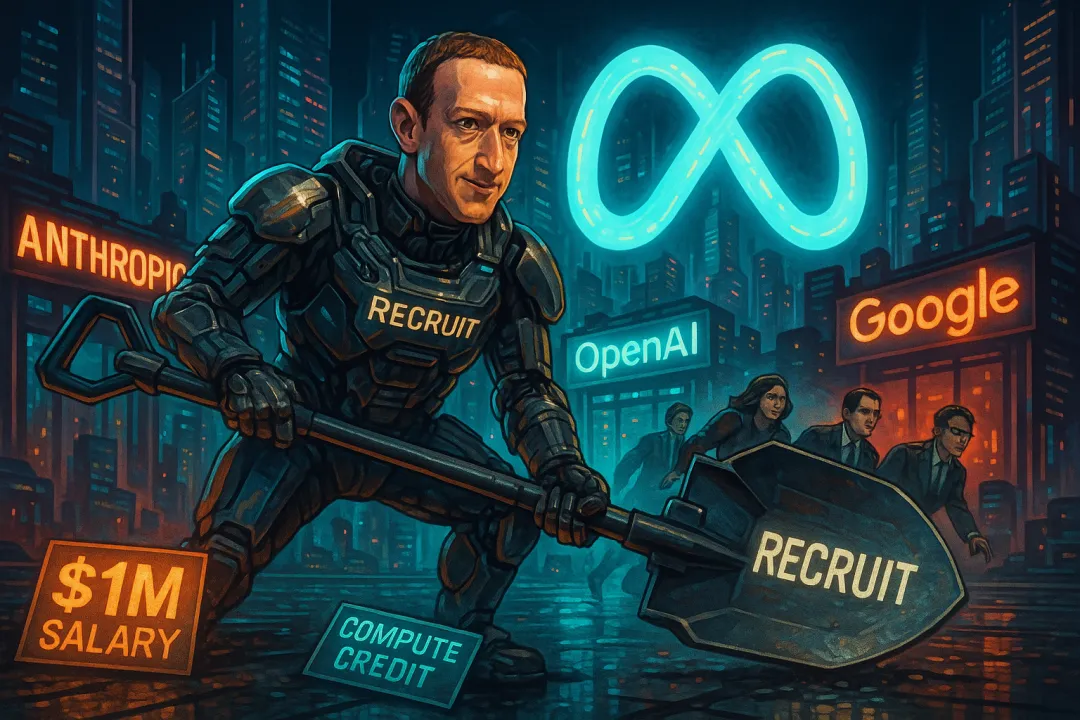
The funding of Thinking Machines Lab, akin to Ilya Sutskever's Safe Superintelligence (valued at $32 billion), underscores the powerful influence of the "OpenAI Mafia" (startups spun out of OpenAI). These companies, despite having no products, are highly sought-after due to their concentration of top talent.
Expert Insights
For a deeper and more professional analysis, we specifically reached out to an expert in our Silicon Valley expert network – A (pseudonym), an AI architect who has served as a senior researcher at Google Brain and NVIDIA and is currently a consultant for multiple AI startups. A shared his unique insights through our platform:
"The core reason why Thinking Machines Lab received such a high valuation isn't solely due to the individual prestige of its team members, but because the 'chemistry' of this specific team has been validated by the market.
They're not just engineers who developed foundational models like GPT and DALL-E, but also researchers who led key alignment efforts such as RLHF (Reinforcement Learning from Human Feedback).
It can be said that they're one of the most knowledgeable teams globally in building, training, and 'steering' large models. Investors are betting on the high certainty of them creating miracles again.
Secondly, attention should be paid to their proposed concept of 'Collaborative General Intelligence.' This differs from OpenAI's pursuit of AGI (Artificial General Intelligence) or Anthropic's emphasis on 'beneficial AI.'
'Collaborative' implies that the core of their product design may be to create an AI partner that can seamlessly collaborate with humans in complex workflows, rather than just a question-answering tool. This indicates their technical path may focus more on multimodal fusion understanding, task decomposition and execution, and personalized adaptation to users' thinking patterns, presenting vast possibilities in enterprise services and professional creation.
Finally, Murati mentioned that the product will contain 'important open-source components,' which is an extremely astute strategy. In the current large model ecosystem, a fully closed-source approach would face immense pressure from open-source communities like Llama.
By strategically open-sourcing some core components, Thinking Machines Lab can swiftly establish a developer ecosystem, attracting global talent to contribute to its platform, thereby securing a favorable position in competition with giants like OpenAI and Google.
Of course, the challenges remain substantial. Firstly, whether the collaboration efficiency of the 'dream team' can be maintained at a high level in a startup environment remains to be seen. Secondly, given the extremely high cost of computing power currently, balancing the pace between technological exploration and commercialization will be their first real test."

In today's rapidly evolving tech landscape, every shift in executive leadership and every fine-tuning of strategy may conceal critical information that determines a company's future. Relying on second-hand information and vague judgments is akin to theorizing without practical experience.
The core mission of Silicon Valley Rabbit is to guide you through the fog and provide professional direction. With deep roots in Silicon Valley for years, we're committed to helping Asian companies and institutions efficiently connect with global top-tier expert resources like the ones mentioned above.
Because we believe that real firsthand experience always emanates from those who are driving industry change themselves. Silicon Valley Rabbit boasts over 30,000 executives from leading companies, core technology experts, renowned university professors, and entrepreneurs from the front lines of Silicon Valley. They not only possess deep industry experience but are also deeply involved in industrial transformation, providing vivid and credible firsthand insights.
